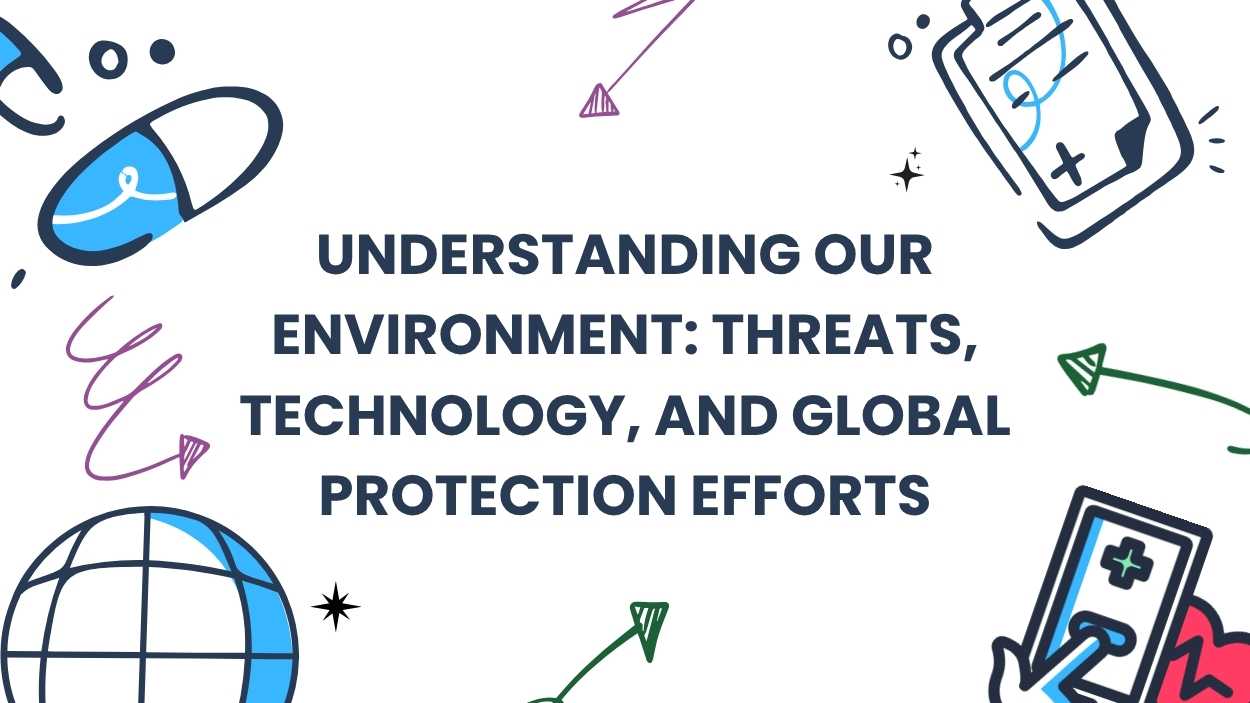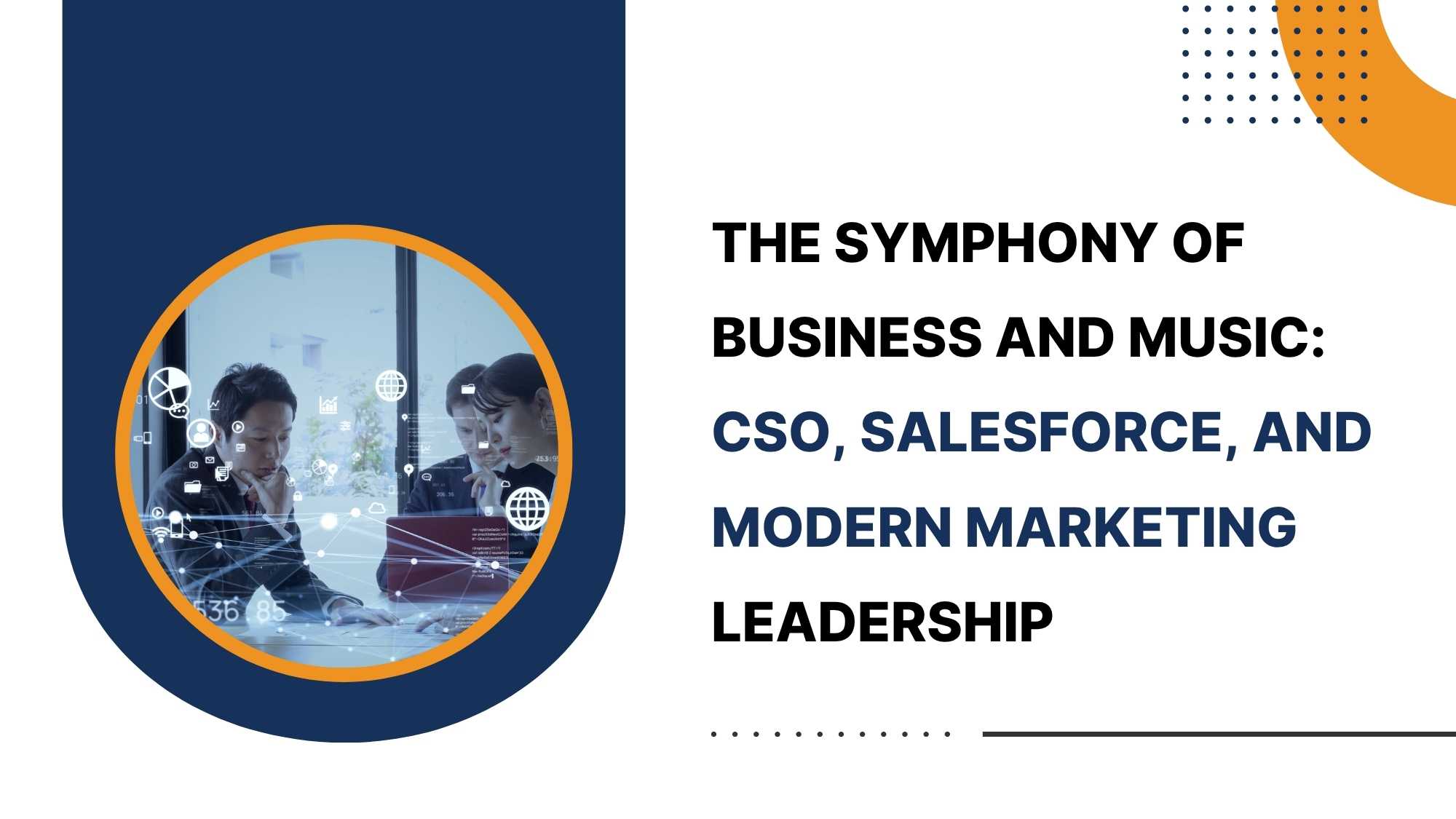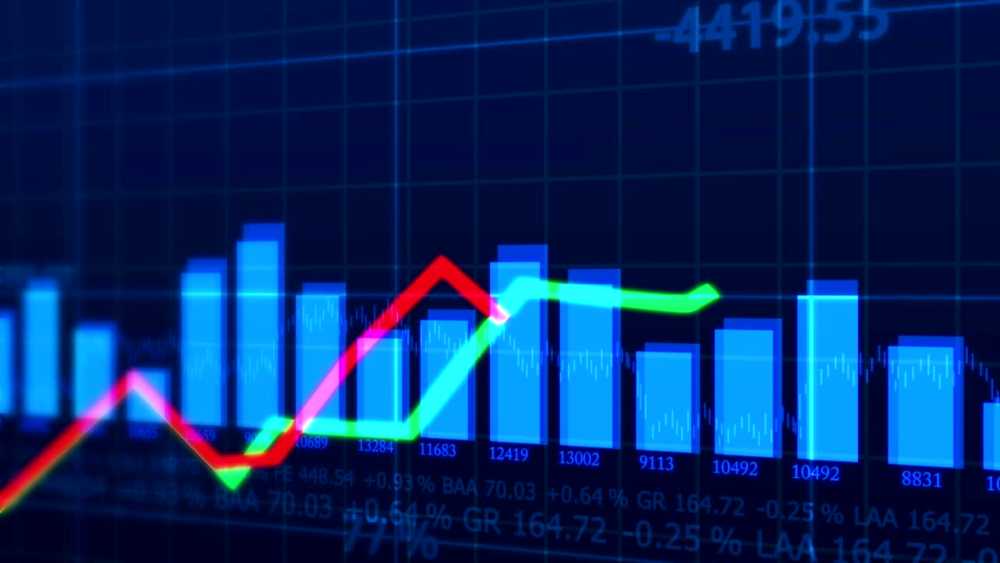In an age where corporate responsibility is no longer optional, sustainability is rapidly evolving from a peripheral concern to the very core of enterprise strategy. Far from being just another box to tick on a CSR checklist, embedding sustainability now demands a comprehensive overhaul of a company’s business model and its foundational organizational architecture. This isn’t merely an incremental adjustment; it’s a profound, systemic transformation on par with the seismic shifts brought about by digital disruption and artificial intelligence. Companies committed to a truly sustainable future must reimagine how they create, deliver, and capture value, placing environmental and social stewardship at the heart of their innovation pipeline.
Navigating the Dual Challenge
One of the most immediate and profound tensions companies face is balancing an expansive, long-term sustainability vision with the persistent demand for short-term financial performance. This requires an acute strategic foresight, where leaders must articulate a compelling future state that inspires stakeholders while simultaneously demonstrating tangible progress and return on investment in the immediate present. The agility to pivot, coupled with the resilience to weather initial investment costs, becomes paramount. Companies must strategically integrate sustainability metrics into their financial reporting, proving that responsible practices are not only ethical but also generate enduring economic value, thereby transforming potential conflicts into symbiotic drivers of success.
Orchestrating Widespread Engagement
Achieving system-wide sustainability transformation is an ambitious undertaking, particularly when it comes to fostering genuine engagement across an organization. While top-down mandates set the strategic direction, true change blossoms when every employee, regardless of their role or location, feels empowered and understands their individual contribution to the larger sustainable mission. This necessitates clear, consistent communication that translates abstract corporate goals into actionable, local initiatives. Building a culture of sustainability means fostering a sense of shared purpose, providing the tools and training for local teams to innovate, and celebrating their successes. Without this grassroots buy-in and distributed ownership, even the most well-intentioned strategies risk becoming disconnected from operational realities.
Furthermore, the journey towards sustainability often extends beyond an organization’s internal boundaries, requiring robust external collaboration while simultaneously maintaining strong internal cohesion. Tackling global challenges like climate change or resource depletion invariably involves partnerships with suppliers, customers, industry peers, and even governmental bodies. Navigating this intricate web of external relationships, sharing knowledge, and co-creating solutions demands a new level of openness and trust. Yet, this must be balanced with the imperative to integrate these external insights seamlessly into internal processes, ensuring that the company’s core strategy remains intact and its unique value proposition is not diluted. It’s about building permeable, yet resilient, organizational walls that invite external innovation while protecting internal integrity.
The Transformative Advantage
Ultimately, these inherent tensions — between the long-term and short-term, the systemic and the local, the external and the internal — are not obstacles but rather fertile ground for competitive differentiation and profound business model innovation. As evidenced by pioneers like Enel, which is transforming the energy sector, or Holcim Group, reimagining cement production, these challenges, when approached with intention and strategic agility, become catalysts for growth and resilience. Companies that master the art of navigating these complexities will not only meet their sustainability commitments but will also unlock new markets, attract top talent, and forge deeper customer loyalty, positioning themselves as true leaders in the economy of tomorrow. Sustainability is no longer just good for the planet; it’s an indispensable blueprint for enduring business success.













